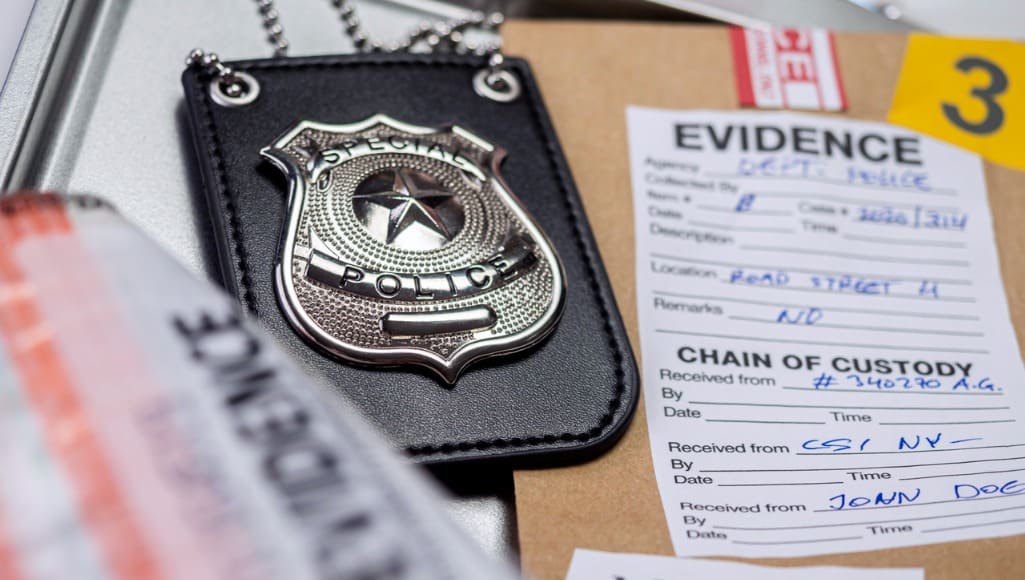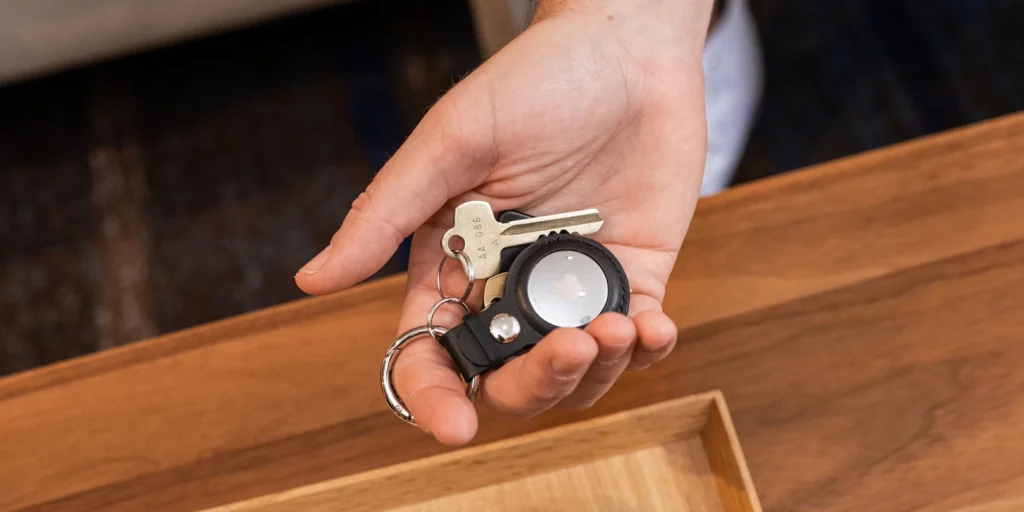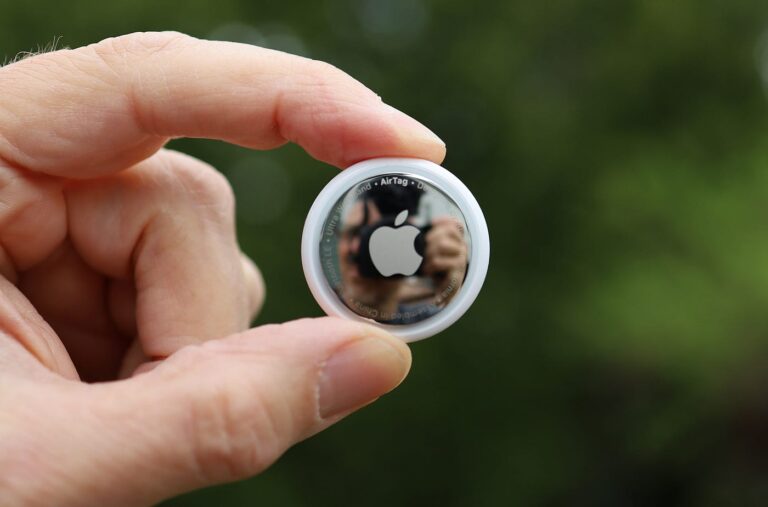How an Apple AirTag led to a Search Warrant: In the quaint city of Wausau, Wisconsin, a seemingly routine theft report spiraled into a complex legal drama, all thanks to a device smaller than a quarter. This is the story of how an Apple AirTag led to a controversial police search, multiple arrests, and a heated debate about privacy in the digital age.
The High-Tech Hunt Begins With Apple AirTag
On an otherwise ordinary day, Wausau Police Officer Austin responded to a call that would soon make waves across the community. A man, we’ll call him Matthew, reported his backpack stolen. But this wasn’t just any backpack.
“There’s military documents in there that I need,” Matthew explained urgently. “They got pinged at this house right here.”
The culprit behind this precise location? An Apple AirTag, a small tracking device that Matthew had cleverly stashed in his bag. Little did he know, this tiny tech would set off a chain of events that would test the limits of police procedure and constitutional rights.

From Ping to Probable Cause: The Apple AirTag Investigation Unfolds
As officers arrived at the scene, they began questioning residents. One man, identified as Mario, denied any knowledge of the backpack. But the plot thickened when an officer made a crucial discovery: the unmistakable odor of marijuana wafting from a nearby garbage can.
This seemingly small detail would prove to be a game-changer. In a twist that would make legal scholars sit up straight, the officers began searching through the trash.
The Fourth Amendment Showdown
It didn’t take long for tensions to flare. A woman, identifying herself as Mario’s sister, arrived on the scene and immediately challenged the officers’ actions.
“Y’all don’t have the right to do that,” she protested, her voice rising with each word. “That’s illegal!”
But the officers stood their ground, citing a landmark 1988 Supreme Court case, California v. Greenwood. This ruling established that individuals don’t have a reasonable expectation of privacy for items they’ve discarded in the trash. It’s a legal precedent that’s as controversial as it is consequential.

The Scent That Changed Everything
As if the situation wasn’t tense enough, officers then detected the smell of marijuana coming from the house itself. This, combined with the AirTag’s location data, provided the probable cause they needed to secure the premises and apply for a search warrant.
“We’re going to be applying for a search warrant,” an officer announced, his tone brooking no argument. “We’re going to go inside, secure you and any persons that would be in there.”
Apple AirTag: The Digital Dragnet Closes In
The ensuing search was thorough and revealing. Not only did officers recover Matthew’s stolen backpack, but they also uncovered evidence that would lead to multiple arrests and a slew of charges:
- Felony battery or threat to a law enforcement officer (later dismissed)
- Resisting arrest (amended to disorderly conduct)
- Receiving stolen property valued between $5,000 and $10,000
- Concealing stolen property valued less than $2,500
- Possessing drug paraphernalia
The Aftermath: Legal Battles and Lingering Questions
The repercussions of this incident extended far beyond that single day. Court documents reveal a complex legal aftermath:
- The woman arrested faced charges including felony battery and resisting arrest. While the felony charge was dismissed, she was found guilty of disorderly conduct and fined $50 plus court costs.
- Mario, the resident, now faces felony charges for receiving and concealing stolen property, as well as possession of drug paraphernalia. His case is still ongoing.

The Bigger Picture: Technology, Privacy, and Policing
This case isn’t just about a stolen backpack or a bag of marijuana. It’s a microcosm of the challenges law enforcement and citizens face in an increasingly connected world:
- The Power of Consumer Tech: AirTags and similar devices are changing the game for theft recovery. But at what cost to privacy?
- The Evolution of Probable Cause: How does digital evidence like AirTag data factor into traditional concepts of probable cause?
- The Thin Blue Line Gets Blurrier: As technology advances, the line between lawful police work and potential overreach becomes increasingly complex.
- The Importance of Knowing Your Rights: This case underscores the critical need for citizens to understand their constitutional protections—and the limits of those protections.
Lessons for a Digital Age ( Be Aware Of Apple AirTag)
As a veteran law enforcement expert, I can’t stress enough the importance of staying calm during police interactions, even if you believe your rights are being violated. It’s always better to address potential misconduct through proper legal channels rather than risking additional charges.
For law enforcement, this case serves as a reminder of the delicate balance between effective policing and respecting citizens’ rights. The use of digital evidence like AirTag data is likely to become increasingly common, requiring ongoing training and updated procedures.
The Future of Policing in a Connected World
As we move further into the digital age, cases like this will undoubtedly become more common. They challenge us to rethink our notions of privacy, property, and police power.
The tiny AirTag that started this all might be small, but its impact on legal precedent and public discourse could be enormous. It’s a stark reminder that in our interconnected world, even the smallest devices can have far-reaching consequences.
What do you think about how an Apple AirTag led to a Search Warrant? Is the use of personal tracking devices in police investigations a step too far, or a necessary tool in fighting crime? The debate is far from over, and your voice matters in shaping the future of privacy and law enforcement.
Share your thoughts in the comments below, and don’t forget to subscribe for more in-depth analyses of how technology is reshaping our legal landscape! #HowanAppleAirTagledtoaSearchWarrant


